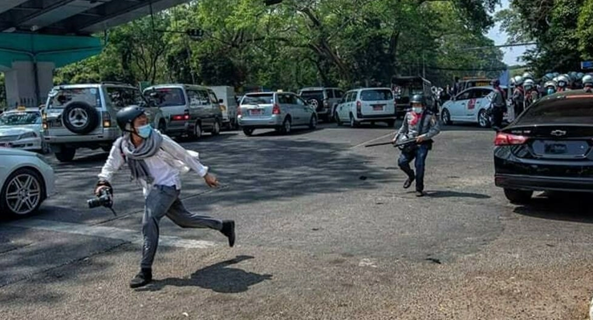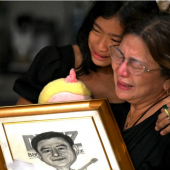International Day to End Impunity for Crimes against Journalists

The primary role of journalists and other media persons in unveiling wrongdoing, corruption, crime and abuse of power. As a result, journalists are exposed to intimidation, threats, harassment and violence, abusive litigation, sometimes to arbitrary deprivation of liberty, and in extreme cases to torture and killings.
Attacks against journalists and other media persons constitute particularly serious violations of human rights because they target not only the concerned individuals but deprive others of their right to receive information, thus undermining public debate, which is at the heart of pluralist democracy.
All forms of attacks on journalists and other media persons, therefore, constitute attacks on democracy itself. The above concerns require political attention at the highest level and coordinated action from governments at national and international levels in cooperation with all relevant stakeholders.
The International Day to End Impunity for Crimes against Journalists is an UN-recognized international day observed annually on November 2. The day draws attention to the low global conviction rate for violent crimes against journalists and media workers, estimated at only one in every ten cases.
The United Nations General Assembly proclaimed November 2 as the ‘International Day to End Impunity for Crimes against Journalists’ in General Assembly Resolution A/ RES 68/163.
The resolution urged Member States to implement definite measures countering the present culture of impunity. The date was chosen to commemorate the assassination of two French journalists in Mali on November 2, 2013.
This landmark resolution condemns all attacks and violence against journalists and media workers. It also urges the Member States to do their utmost to prevent violence against journalists and media workers, to ensure accountability, bring to justice perpetrators of crimes against journalists and media workers, and ensure that victims have access to appropriate remedies. It further calls upon States to promote a safe and enabling environment for journalists to perform their work independently and without undue interference.
History says the main event to celebrate in 2021, International Day to End Impunity for Crimes against Journalists, will be a hybrid format high-level roundtable discussion, organized by Ossigeno per l’informazione and supported by UNESCO, on November 3 at the Syracuse International Institute for Criminal Justice and Human Rights in Syracuse, Italy.
The event will provide a platform for dialogue among prosecutors and journalists on prevention and protection measures to address the safety of journalists. It will highlight the instrumental role of prosecutorial services in investigating and prosecuting killings and threats of violence against journalists.
But now the question is, why do we remember the International Day to End Impunity for Crimes against journalists? We recognize this issue because the landmark resolution condemns all attacks and violence against journalists and media workers.
The primary purpose of the day is to create awareness and create a platform for dialogue among prosecutors and journalists on prevention and protection measures to address the safety of journalists. All days’ events will highlight the instrumental role of prosecutorial services in investigating and prosecuting killings and threats of violence against journalists.
Radio Veritas Asia (RVA), a media platform of the Catholic Church, aims to share Christ. RVA started in 1969 as a continental Catholic radio station to serve Asian countries in their respective local language, thus earning the tag “the Voice of Asian Christianity.” Responding to the emerging context, RVA embraced media platforms to connect with the global Asian audience via its 21 language websites and various social media platforms.














